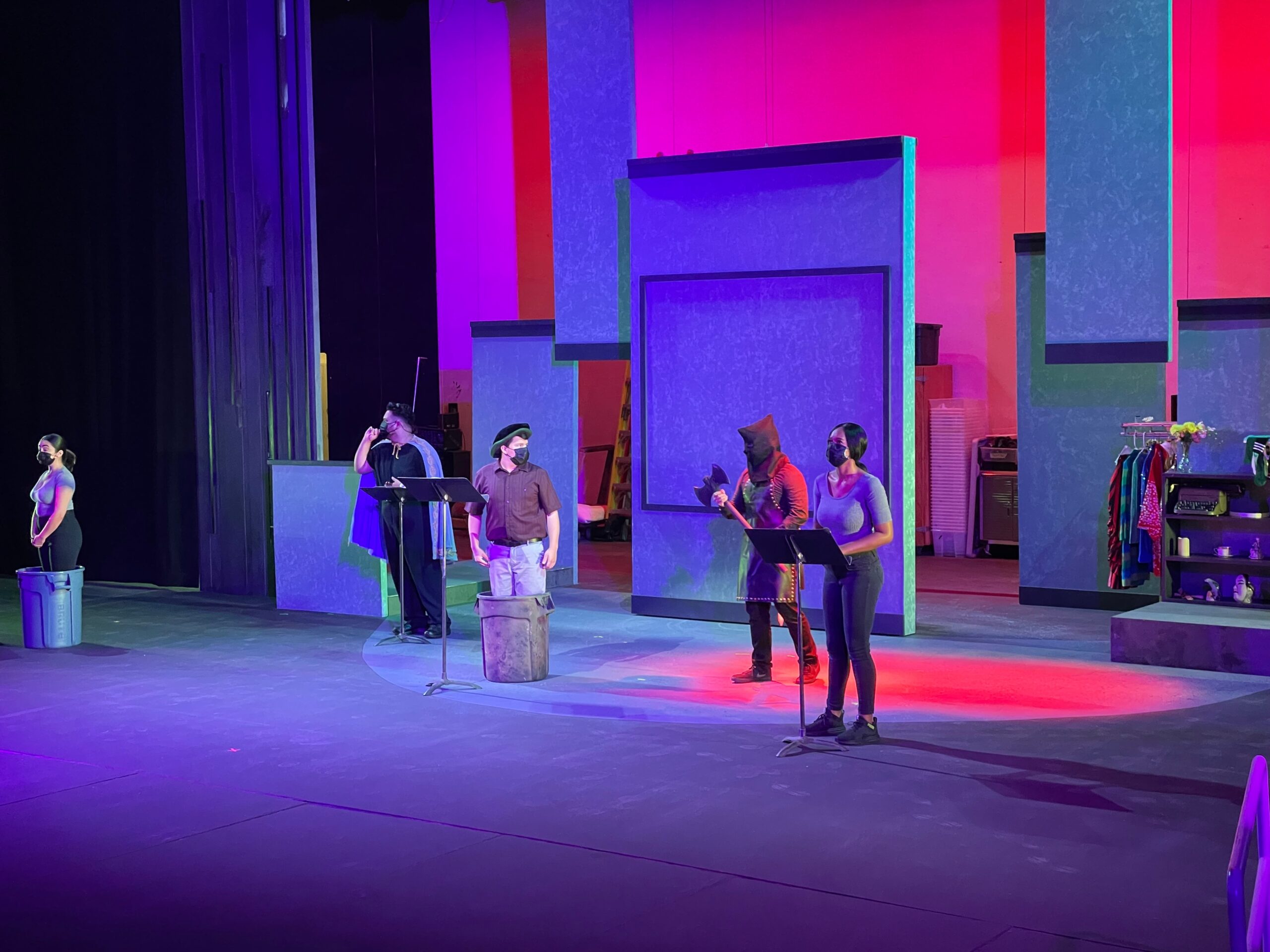By Jasmine Nguyen, Culture Editor
As May approaches, I find myself excited for Asian American and Pacific Islander heritage month to celebrate with my community. But this year, it took a different turn for many, especially with the rise of Asian-based hate crimes and the cancelation of many AAPI events due to COVID-19.
It’s hard to find the energy to celebrate what usually is an important month for many in our community, but it’s important to find some good in times like this and look back at the things that make us proud of our community. Especially in the last few years, I’ve been pleasantly surprised by the increased amount of representation of the AAPI community.
Personally, when I was younger, I often found myself saddened by the lack of representation of faces similar to mine, but even the small amount I had, I still hold it close to my heart to this day.
Long before the days of “Parasite,” “Crazy Rich Asians” or BTS, there was Asian American Youtube.
Asian American Youtube, in its heyday of the late 2000s and early 2010s, is a big part of why I hold such pride in being a part of the Asian community. YouTubers like Wongfu Productions, Jubliee, Kevjumba, and many more creators were how I spent most of my childhood, watching their videos on Asian American issues, comedy shorts, and sometimes even heartbreaking romance showed me at a young age that Asian people could be creative too.
And until this day, those Youtubers are still creating, like Wongfu Productions who have only grown their brand in their 15+ years on the platform.
I believe these creators have paved the way to allow the normalization of Asian American faces on screen, now you see films like “To All the Boys I’ve Loved Before,” or T.V. shows like “PEN15” that show that not every Asian American film needs to be “The Joy Luck Club.”
Asian American representation has only increased from then, even if it’s slowly improving. No longer is it only on Youtube, you can see Korean Pop bands like BTS, Got7, or Twice sell-out shows across the United States. It’s far cry from when we only had the Far East Movement on the radio.
Asian American musicians have also grown and have become more popular in the past few years. Singers like Will Jay, who have released songs like “I Can Only Write my Name “about his struggles with holding onto his Chinese culture, or Hayley Kikyo song “Girls like Girls” that touches on queer sexuality, shows an important insight on being Asian American and apart of the LGBTQ+ community.
The mass media company 88rising focuses on Asian musicians and has grown in popularity since its founding in 2015. The company has various artists like Rich Brian, Joji, and NIKI that have shown that Asian faces have star power and headline festivals in the United States just like any other race.
Of course, there are probably 100 other things I’m probably forgetting to mention. Cartoon shows have been ahead of showing Asian representation like “Avatar The Last Airbender,” or “American Dragon Jake Long.” Or books like “The Sympathizer” or “Everything I Never Told You” are eye opening to show the communities’ struggles.
But something that strengthens the community and makes our voices feel heard is definitely social media.
Monica Sasis, a fifth-year student and a cultural programmer at the Multicultural Center, said that following other university students and professors that identify as Asian Pacific Islander Desi American on Twitter has made her proud of her heritage.
“They empowered me by sharing knowledge they’ve learned personally and academically,” Sasis said. “We faced struggles and powered past them.”
Asian American and Pacific Islander Heritage month may not have the big events this year, and as a community, we have been facing xenophobic comments and hate crimes due to ignorance of others but I believe this is even a bigger reason to be proud of our culture this May.
The Angry Asian Man website has curated a list of AAPI events that are still going on in some form. There are film festivals and talks with Asian American public figures throughout the month of May.

